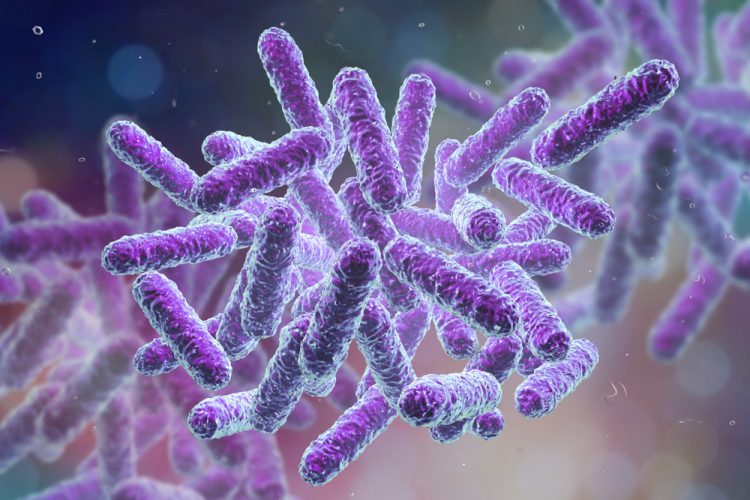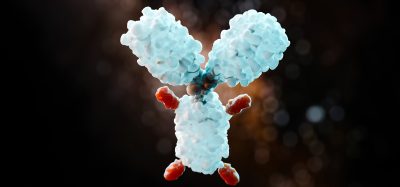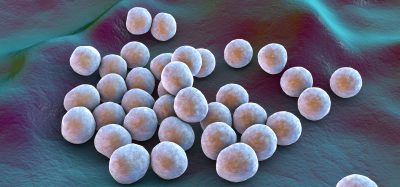Gut bacterial interactions limit antibiotic efficacy on C. difficile
Posted: 23 May 2023 | Taylor Mixides (Drug Target Review) | No comments yet
A recent study from the University of Wisconsin-Madison suggests that interactions between gut bacteria can influence the effectiveness of antibiotics against C. difficile infections.


According to a recent study published in PLOS Biology by Ophelia Venturelli and her colleagues from the University of Wisconsin-Madison, US, the effectiveness of antibiotics targeting Clostridioides difficile (C. difficile) infections might be influenced by inter-species interactions within the gut microbiome. C. difficile is a bacterium that can cause infections in the large intestine, resulting in symptoms that range from diarrhoea to severe damage to the colon.
In the context of intricate resident gut communities, C. difficile infections occur. However, when designing antibiotic treatments to eliminate the bacterium, its interactions with other bacteria are often overlooked, and instead, treatments are based on C. difficile’s individual susceptibility to drugs. To gain a better understanding of how microbial interactions can alter susceptibility in various microbial communities, a team of researchers conducted experiments to assess the efficacy of two antibiotics commonly used to treat C. difficile infections: vancomycin and metronidazole. Additionally, they developed a computational model to uncover the ecological principles governing the interplay between microbial interactions, antibiotics, and the growth of C. difficile.
In their study, the researchers discovered that certain bacterial species exhibit higher susceptibility to the tested antibiotics compared to C. difficile. This susceptibility enables C. difficile to thrive in an environment without ecological competition and leads to an increased abundance of C. difficile when exposed to sub-lethal levels of metronidazole. Furthermore, the presence of a particular bacterial species was found to confer tolerance to metronidazole in C. difficile. It is important to note that the study focused solely on two antibiotics, highlighting the need for future investigations to examine how interspecies interactions may influence the effectiveness of other clinically significant drugs.
According to the authors, “These results provide key insights into ecological principles and molecular mechanisms influencing antibiotic susceptibility in this health-relevant system. Our work demonstrates that pathogen growth can be altered by inter-species interactions across a wide range of antibiotic concentrations, which should be considered in the design of antibiotic treatments.”
Venturelli adds, “The human gut pathogen Clostridioides difficile (C. difficile) is embedded in a dense and diverse human gut community that influences its colonisation ability, growth and functions. Using a bottom-up community assembly approach, we demonstrate that C. difficile‘s response to clinically relevant antibiotics can be altered by an antibiotic-induced reduction in the strength of bacterial competition or global shifts in C. difficile‘s cellular state in the presence of the commensal gut species Desulfovibrio piger.”
Related topics
Antibiotics, Antimicrobials, Microbiome
Related conditions
C. difficile infections
Related organisations
University of Wisconsin-Madison (UW-Madison)
Related people
Ophelia Venturelli







